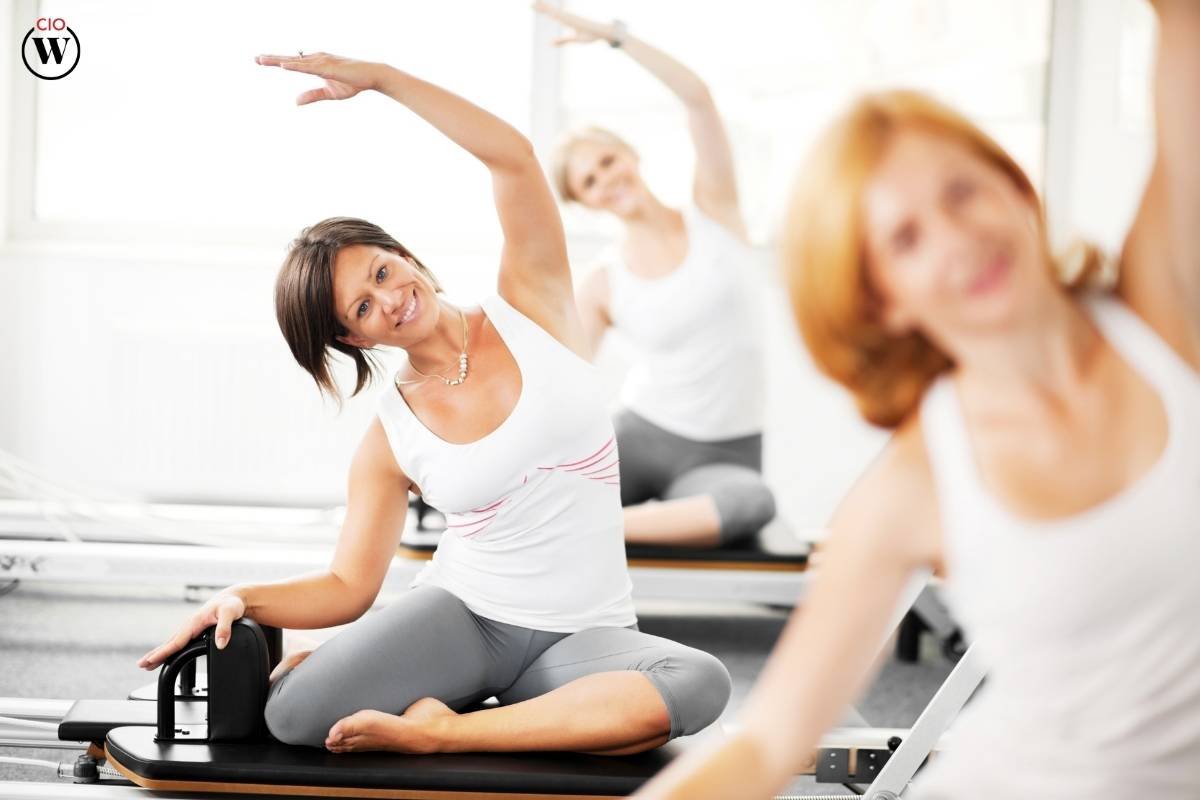Aging is a natural process that everyone goes through, but it’s how we approach it that can make all the difference. For women, maintaining health and vitality as they age is not only about looking good but also about feeling good and enjoying life to the fullest. In this comprehensive guide, we’ll explore the key components of healthy aging for women, from physical and mental health to nutrition and lifestyle choices. So, let’s dive in and discover how to age gracefully and healthily!
Understanding Healthy Aging for Women
Healthy aging for Women isn’t just about avoiding illness or wrinkles; it’s about optimizing physical, mental, and emotional well-being as we grow older. For women, this means paying attention to specific health concerns that may arise throughout different stages of life, such as menopause, bone health, heart health, and cognitive function.
Physical Health
a. Exercise: Regular physical activity is crucial for maintaining muscle strength, flexibility, and cardiovascular health. Aim for a combination of aerobic exercise, strength training, and flexibility exercises. Activities like walking, swimming, yoga, and weightlifting can all contribute to overall fitness.

b. Bone Health: Women are more prone to osteoporosis, a condition characterized by weak and brittle bones. To support bone health, ensure an adequate intake of calcium and vitamin D through diet or supplements, and engage in weight-bearing exercises.
c. Heart Health: Heart disease is a leading cause of death among women, so it’s essential to prioritize cardiovascular health. Maintain a healthy weight, eat a balanced diet rich in fruits, vegetables, whole grains, and lean proteins, and avoid smoking and excessive alcohol consumption.
d. Hormonal Changes: Menopause brings hormonal changes that can impact various aspects of health, including bone density, metabolism, and mood. Speak to your healthcare provider about hormone replacement therapy or other options to manage symptoms and reduce health risks associated with menopause.
Mental and Emotional Well-being:
a. Stress Management: Chronic stress can take a toll on both physical and mental health. Practice stress-reduction techniques such as mindfulness meditation, deep breathing exercises, yoga, or spending time in nature.

b. Social Connections: Maintaining strong social connections can help ward off feelings of loneliness and isolation, which are common among older adults. Stay connected with friends, family, and community groups, and seek support when needed.
c. Mental Stimulation: Keep your brain sharp by engaging in mentally stimulating activities such as puzzles, reading, learning new skills, or playing musical instruments. Regular cognitive stimulation can help preserve cognitive function and reduce the risk of cognitive decline. This can help in healthy aging for women.
d. Emotional Health: Pay attention to your emotional well-being and seek professional help if you’re struggling with depression, anxiety, or other mental health concerns. Therapy, counseling, or support groups can provide valuable support and resources.
Nutrition:
a. Balanced Diet: A well-balanced diet is essential for overall health and vitality. Focus on eating a variety of nutrient-dense foods, including fruits, vegetables, whole grains, lean proteins, and healthy fats. Limit processed foods, sugary snacks, and excessive sodium intake.
b. Hydration: Stay hydrated by drinking plenty of water throughout the day. Dehydration can exacerbate various health issues and contribute to fatigue, so aim to drink at least eight glasses of water daily.
c. Nutritional Supplements: In addition to a healthy diet, consider taking supplements to fill in nutritional gaps, especially if you have specific dietary restrictions or health conditions. Consult with a healthcare provider to determine which supplements are right for you.
d. Portion Control: As metabolism slows with age, it’s essential to practice portion control to maintain a healthy weight and prevent overeating. Pay attention to hunger cues, eat mindfully, and avoid eating out of boredom or stress.
Lifestyle Choices:
a. Sleep: Quality sleep is vital for overall health and well-being. Aim for seven to nine hours of sleep per night and establish a regular sleep schedule. Create a relaxing bedtime routine, avoid caffeine and electronics before bed, and ensure your sleep environment is conducive to restful sleep.

b. Sun Protection: Protect your skin from the sun’s harmful rays by wearing sunscreen daily, seeking shade, and wearing protective clothing and accessories. Sun exposure can lead to premature aging, wrinkles, and skin cancer, so take steps to minimize risk.
c. Avoid Harmful Habits: Smoking, excessive alcohol consumption, and substance abuse can have detrimental effects on health and accelerate the aging process. Quit smoking, drink alcohol in moderation, and seek support if you’re struggling to break unhealthy habits.
d. Regular Health Screenings: Stay proactive about your health by scheduling regular check-ups, screenings, and preventive healthcare appointments. Early detection of health issues can lead to better treatment outcomes and improved quality of life. You could even look into ReSound hearing aids at My Hearing Centers if you start developing any hearing issues.
Conclusion:
Healthy aging for women is about more than just looking good; it’s about feeling vibrant, strong, and empowered at every stage of life. By prioritizing physical, mental, and emotional well-being, making smart lifestyle choices, and seeking support when needed, women can age gracefully and enjoy a fulfilling and active lifestyle for years to come. Remember, it’s never too late to start investing in your health and well-being, so take charge of your aging journey today!









